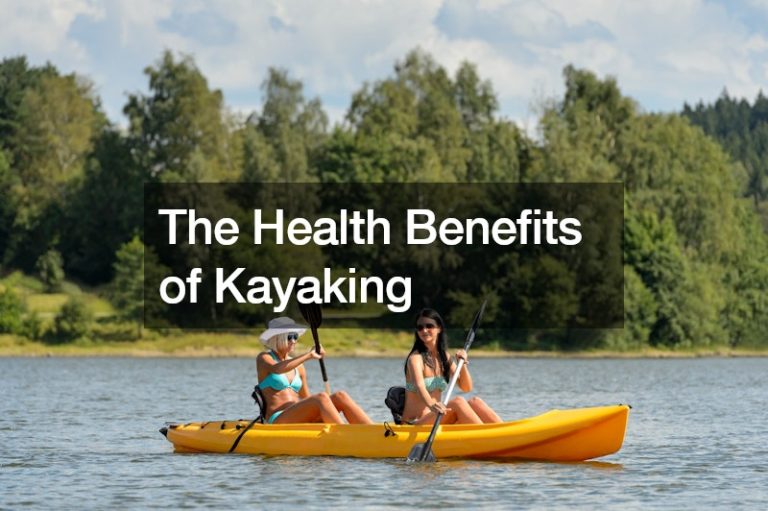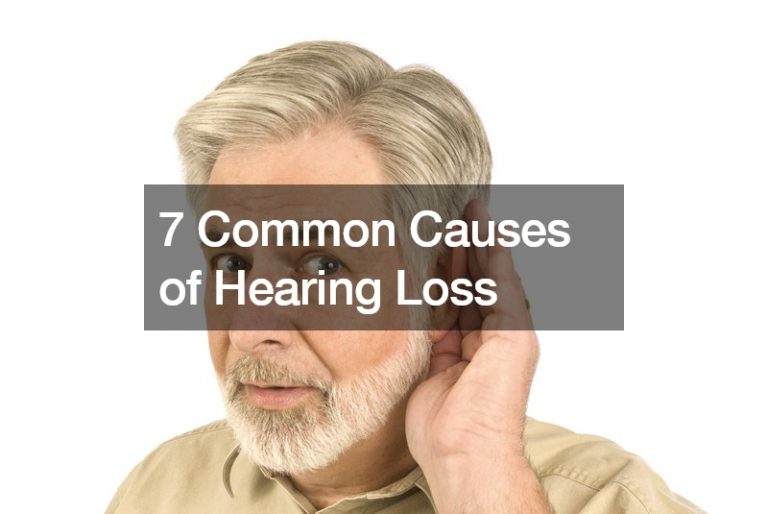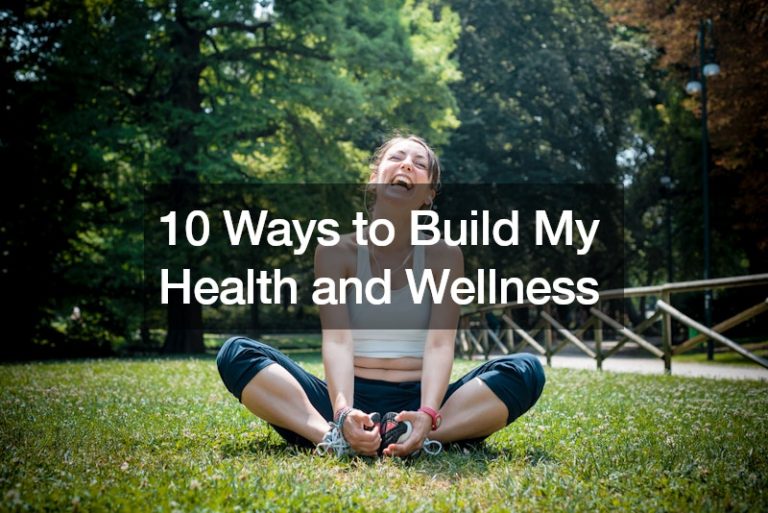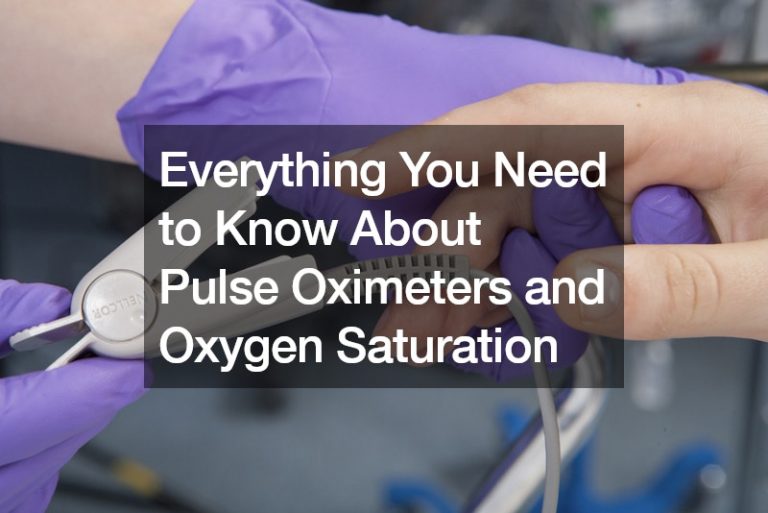• Being a vegetarian can provide health benefits but can also have potential risks to your oral health.
• Get enough protein, dairy, vitamins B12 and D, and minerals to protect your teeth.
• Brush twice a day, floss at least once daily, and visit your dentist for regular check-ups and cleanings.
• In cases of tooth damage, there are ways to fix the problem, such as filling cavities, crowns, and dental implants.
Being a vegetarian is becoming increasingly popular and for a good reason. Eating a plant-based diet has many benefits for both your health and the environment. But it’s important to remember that as a vegetarian, you may be at risk for certain nutritional deficiencies that can affect your oral health.
Benefits of a Plant-Based Diet
A plant-based diet can help reduce your risk of certain diseases, including heart disease and diabetes. It is also an excellent way to get the necessary vitamins and minerals while avoiding unhealthy fats. For instance, vegetables such as spinach, kale, and broccoli are packed with vitamins A and C, which are important in maintaining healthy gums and teeth. While fruits, although high in sugar, they also contain important vitamins and minerals that help protect your teeth from decay.
Potential Risks to Your Oral Health
While a plant-based diet offers many benefits, it’s important to know the potential risks to oral health. For example, vegetarian diets are low in calcium and vitamin D, which are essential for strong teeth and healthy bones. Additionally, high-fiber diets can interfere with the absorption of certain minerals such as iron and zinc. These minerals are necessary for a healthy immune system to fight off cavities and gum disease.
When your oral health is left unprotected, it can lead to tooth decay and, ultimately, tooth loss and gum disease. That’s why taking the necessary steps to protect your teeth while on a plant-based diet is so important.
Tips for Protecting Your Teeth as a Vegetarian
Fortunately, you don’t have to give up your vegetarian lifestyle to keep your teeth healthy. Here are some tips for protecting your teeth while on a plant-based diet:
Get Enough Protein
The most common deficiency among vegetarians is protein, which is necessary for strong bones and teeth. When you don’t get enough protein in your diet, it can lead to weak enamel, cavities, and other issues with your teeth. To ensure you’re getting enough protein, focus on including high-protein foods like legumes, tofu, quinoa, nuts, and seeds in your meals.

Eat More Dairy Products
Another nutrient that vegetarians are at risk of not getting enough of is calcium. If you’re not eating dairy products such as yogurt or cheese, it can be difficult to get enough calcium in your diet from other sources alone.
Low calcium levels can weaken tooth enamel and increase the risk of periodontal disease—two things you definitely want to avoid! To ensure you’re getting enough calcium, try incorporating non-dairy options into your diet, such as fortified soy milk or almond milk.
Get Enough of these Other Nutrients
Vitamin B12 helps keep gum tissue healthy, so it’s important to ensure you’re eating plenty of B12-rich foods like eggs or fortified cereals if you’re ovo-vegetarian (meaning you eat eggs but no other animal products).
Iron is another mineral that vegetarians need to pay attention to since low iron levels can cause dry mouth, increasing the risk of cavities because there’s less saliva available to wash away bacteria. Make sure you’re eating plenty of iron-rich foods like spinach, beans, lentils, and fortified cereals if they are part of your dietary plan.
Practice Good Oral Hygiene
Of course, don’t forget to practice good oral hygiene. Brush your teeth twice daily with fluoride toothpaste and floss at least once daily. You should also see your dentist for regular check-ups and cleanings to ensure your teeth are healthy and strong. If you notice early signs of periodontal disease or tooth decay, visit your dentist right away for treatment to avoid any long-term damage.
Here are signs to watch out for:
- Red and swollen gums
- Bleeding when brushing or flossing
- Persistent bad breath
- Loose teeth

Fixing the Damage
If it’s too late to prevent damage to your teeth, there are still ways to fix the problem. Cavities can be filled with tooth-colored composite fillings, and crowns can be used to restore the appearance of damaged teeth. Gum disease, however, is more serious and requires deep cleaning to remove bacteria and tartar from your gums.
Teeth replacement options for tooth loss are also available. Your dentist can suggest dental implants, bridges, or dentures. The good thing is that these options will not be damaged by having a plant-based diet, making it easier to maintain your new smile.
Being a vegetarian doesn’t mean compromising oral health! With these tips in mind, following a vegetarian diet can be just as beneficial for your teeth as any other type of diet out there. Taking care of yourself nutritionally will help ensure that your teeth stay healthy so that you can enjoy all the delicious benefits that come with being a vegetarian.






